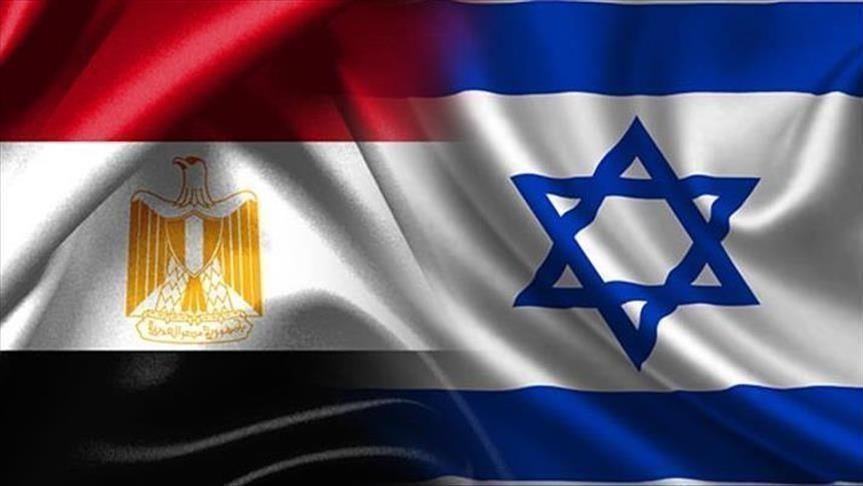‘1979 Israel-Egypt normalization meant to remove Cairo from Arab-Israeli conflict’
Last 2 years have seen several Arab countries lining up to normalize relations with Tel Aviv

RAMALLAH, Palestine
As Egypt on Saturday observes the 44th anniversary of its peace treaty with Israel, the first with any Arab country, the last two years have several Arab countries lining up to normalize relations with Tel Aviv.
Speaking to Anadolu Agency, Palestinian political analyst Bilal Shobaki said the treaty was not just a peace agreement between two political systems, but a step to remove Egypt from the Arab-Israeli conflict, particularly taking into account Egypt's geographic, demographic, and military potential.
After years of conflict starting in 1948, Egypt was the first Arab nation to negotiate normalization with Israel. The 1967 war led to the occupation of Egypt's Sinai Peninsula – a sparsely populated desert region between the Red Sea and the Mediterranean Sea.
In October 1973, Egyptian forces crossed the Suez Canal and regained control. Under President Mohamed Anwar Sadat, Egypt in 1978 regained full sovereignty over the Sinai Peninsula after signing the peace treaty with Israel.
“Despite Egypt's military achievement in 1973 in confronting the Israeli occupation, the Egyptian system made the choice for peace, and I believe this was a message to the rest of the Arab states that eventually there would be a seat at the negotiating table with Israel,” he said.
A 2019-2020 survey by the Qatar-based Arab Center for Research and Policy Studies found that 13% of Egyptians supported diplomatic recognition of Israel while 85% opposed it.
‘Geography dictatorship’
“The (1979) treaty created what we can call geography dictatorship,” Shobaki said.
“It is no longer possible for Palestinians to take any political step in the relationship with the occupation without taking into account its relationship with Egypt, since it can control Gaza's only outlet to the outside world,” through the Sinai Peninsula.
Shobaki, a political science professor at Hebron University in Palestine’s West Bank, stressed that the relationship between Egypt and Israel developed from removing Egypt from the conflict with Israel to be a political mediator between Tel Aviv and the Palestinians.
“Unfortunately, after the (2013) military coup, the official political rhetoric in Egypt converted to a kind of antagonism towards Palestinians, particularly in the Gaza Strip, which we hope will end,” Shobaki said.
Calling Israel’s economic activity in Africa a “colonial investment,” Shobaki said that through the treaty with Egypt, Israel improved its attempts to connect to the African continent through technological, agricultural, and scientific support to ensure that these states will not enter into any conflict with Israel.
After Egypt and Jordan, in September 2020, the United Arab Emirates and Israel signed a US-sponsored deal to normalize their relations. Since then, the two countries exchanged official visits by senior officials and have signed dozens of bilateral agreements in various fields, including investment, banking services, and tourism.
Three other Arab states – Bahrain, Morocco and Sudan – later joined into the controversial move, which came to be known as the Abraham Accords.
Anadolu Agency website contains only a portion of the news stories offered to subscribers in the AA News Broadcasting System (HAS), and in summarized form. Please contact us for subscription options.







